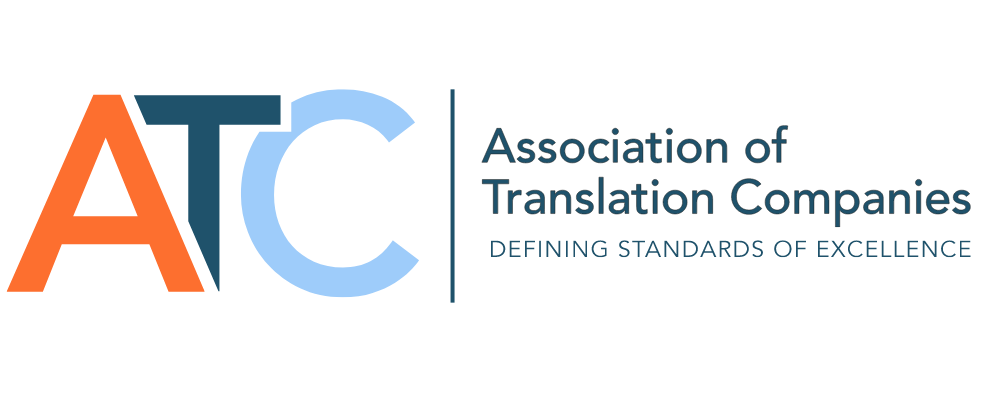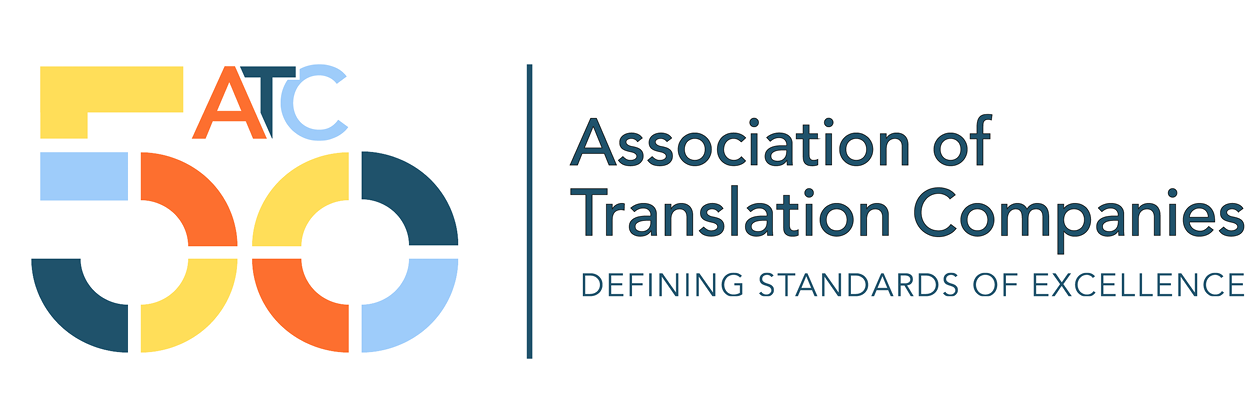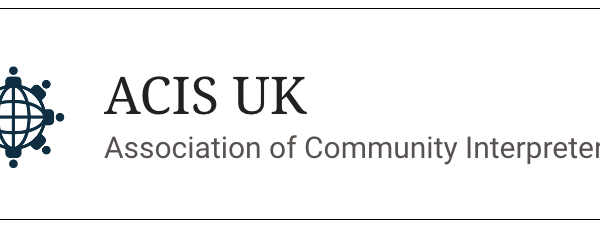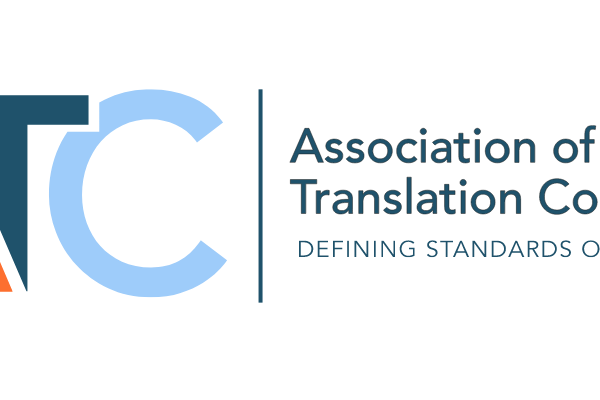The ATC has joined forces with The Snowball Group to provide expert M&A advisory services…

In the summer of 2025, the Legal Aid Agency (LAA) was hit by a major cyber-attack that led to a serious data breach and the shutdown of its digital systems for several weeks. The breach exposed sensitive personal and case-related data and disrupted the LAA’s ability to process payments and manage claims for solicitors and providers across England and Wales. While the LAA and the Ministry of Justice have since restored partial operations, the backlog in payments and the resulting financial disruption have rippled across the entire Legal Aid supply chain.
For the ATC’s member companies providing interpreting and translation services for Legal Aid cases – overwhelmingly small businesses – the consequences have been severe. Solicitors, themselves struggling to recover from weeks of halted operations and restricted access to funds, have been unable to pay language service companies for work already completed or currently underway.
Despite these challenges, ATC members have continued to support solicitors, courts, and clients in good faith, ensuring that defendants, victims, and witnesses with limited English proficiency can continue to participate fully in legal proceedings. But prolonged payment delays have now created acute cash-flow crises, placing some small businesses at real risk of insolvency. If interpreting provision falters, access to justice will be compromised, cases will be delayed, vulnerable clients left without linguistic support, and court backlogs further exacerbated.
What the ATC is doing
The ATC is taking coordinated action to secure both immediate relief for members and a sustainable solution for the wider Legal Aid ecosystem.
- Formal representations to the LAA and Ministry of Justice (MoJ): We have written directly to the Legal Aid Agency’s leadership and to the Secretary of State for Justice, outlining the financial hardship facing LSCs and calling for emergency mechanisms to restore payment flows and protect small suppliers.
- Small Business Commissioner escalation: We have reached out to the Office of the Small Business Commissioner to highlight the systemic late-payment issues caused by the disruption and to seek intervention in support of small businesses affected by the breach.
- Sector collaboration: We are reaching out to the Legal Aid Practitioners Group (LAPG) to share evidence, align messaging, and advocate jointly for practical solutions that sustain both solicitors and their language service partners.
- Evidence gathering: The ATC is compiling anonymised member case studies and financial data to illustrate the scale of impact and to inform our discussions with government and stakeholders.
How you can help
If your business has been impacted, any evidence you can provide will provide us with crucial data to strengthen the ATC’s advocacy.
We ask you to:
- Document all outstanding sums (invoice numbers, amounts, dates, and client references).
- Record service impacts (assignments cancelled, interpreter availability affected, emergency cover provided).
- Note cash-flow effects (delayed payroll, restricted credit, service reductions under consideration).
- Indicate your willingness to share your evidence, anonymised, by writing to ATC CEO Raisa McNab directly at ceo@atc.org.uk.
What we’re asking the Government to do
We are calling on the Government to engage with the ATC and to put in place emergency financial mechanisms for small subcontractors, including interpreting and translation providers, who have delivered services in good faith but remain unpaid.
The ATC will continue to press for swift, practical measures to relieve pressure on member companies and to safeguard interpreting provision within the justice system. We deeply appreciate the professionalism and public-service commitment of our members, who continue to uphold access to justice despite immense financial strain. Your work ensures that fairness in the courts remains a reality, not just a principle, and it deserves recognition and support.


